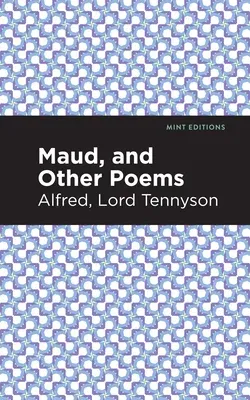Maud, and Other Poems (1850) is a collection of poems by British poet
Alfred, Lord Tennyson. The first work Tennyson published after becoming
Poet Laureate in 1850, Maud, and Other Poems contains several of the
poet's most celebrated works. "Maud," the title poem, is a narrative
that explores themes of forbidden romance, marriage, death, and
mourning. "The Charge of the Light Brigade," originally published in
The Examiner in 1854, was written as a tribute to the British Light
Cavalry Brigade, which led an ill-fated charge at the Battle of
Balaclava during the Crimean War.
"Maud" follows a young poet who, after the tragic loss of his father,
falls in love with the beautiful Maud. Despite his honorable intentions,
the narrator is thwarted by Maud's brother, who wants his sister to
marry a wealthy businessman. When the brother takes a brief trip to
London, the young poet uses the opportunity to court Maud in earnest.
But time is not on his side, and the brother returns to throw a ball in
order to introduce the businessman to his sister. As his chance at love
erodes, the poet makes a desperate choice and risks losing
everything--love, home, and life itself. "The Charge of the Light
Brigade" is a tribute to the British casualties at the Battle of
Balaclava during the Crimean War. Tennyson's patriotic narrative poem
addresses the controversy surrounding the charge, which took place
because of a mistaken order and sent hundreds of British cavalrymen in a
doomed head-on assault on a well-fortified Russian line of defense.
With a beautifully designed cover and professionally typeset manuscript,
this edition of Alfred, Lord Tennyson's Maud, and Other Poems is a
classic of English literature reimagined for modern readers.


